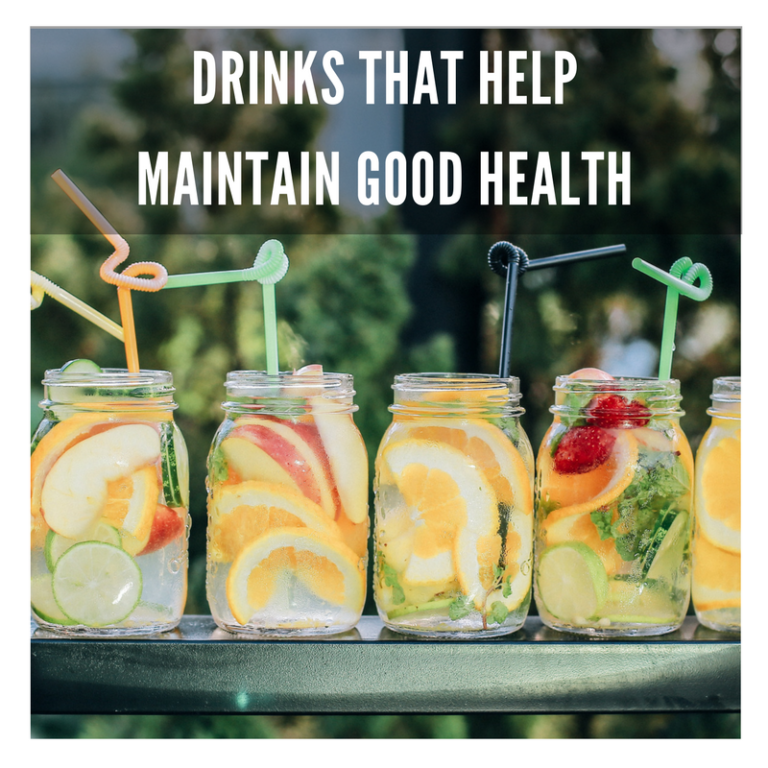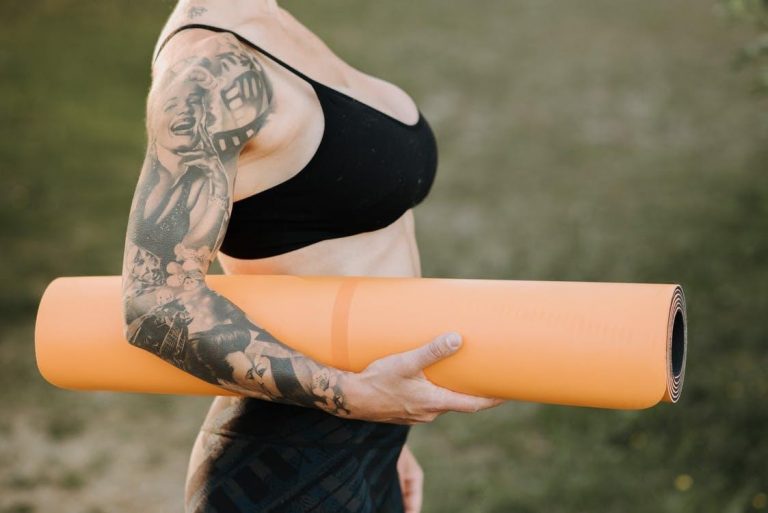Natural Ways to Help Deal with Anxiety
This post contains affiliate links. Click here to read my affiliate policy.
Last Updated on July 9, 2025
Image source: freepik
A growing interest in practical steps for handling anxiety is matched by new research on herbs, nutrition, movement, and sleep. Here is what recent evidence shows about safe and straightforward methods to manage anxiety day by day.
Plant-Based Calming Aids: Herbs and Extracts
Many people ask about herbs for feeling more relaxed. Chamomile comes up often. One large trial found its long-term use helped people with regular anxiety feel less anxious over months of use. Chamomile is available as tea or as a supplement. The form used and each person’s body might affect how well it works.
Valerian is another herb people try for sleep and calmness. Its effect for anxiety is still in question. Some research links valerian to lower stress, but other studies find little effect. Most experts consider valerian safe if you use it for a short period, though it may cause sleepiness and can interact with drugs that make you drowsy.
Lavender is also studied for anxiety relief. Evidence supports using lavender oil, as aromatherapy or topical products, to promote calm in people with anxiety concerns, especially if the person uses it regularly along with other relaxing habits.
CBD oil is now part of human research on stress and social anxiety. Cases studied include single-dose and longer daily use trials. Some people see a drop in anxiety during stressful moments, yet results are mixed and further research is recommended. Choosing products from reputable sources is important since quality and legal rules differ across locations.
Other options in early research include passionflower, lemon balm, kava, ashwagandha, and magnesium. Each one has some small studies supporting it, but full safety checks and bigger studies are still needed. Kava may cause rare but serious liver problems. Never mix new herbs or minerals with other drugs without checking with a health professional first.
Comparing Plant-Based Options for Calming Support
Plant-based products are often used alongside lifestyle changes to help with anxiety. Chamomile tea is a common choice in many homes and has been studied for its calming effects. Some people use lavender oil or drink passionflower tea. Another option getting more attention is CBD oil, which has been included in recent trials for anxiety management.
People who explore these supplements sometimes combine them with better sleep routines or time outdoors. While CBD oil can be found in many stores, so can valerian and lemon balm, which have mild sedative properties in some research. Always discuss new supplements with a healthcare provider.
Diet and Nutrition: What You Eat May Matter
What people eat can influence their well-being, including stress and anxiety levels. Diets higher in leafy greens supply more folate and B vitamins, which are linked to fewer anxiety problems in several reports. Nuts, seeds, fish, and certain plant oils are rich in omega-3s, which have also been linked to lower anxiety in some studies.
A healthy gut is being studied as a possible aid for mood and stress. Foods such as yogurt, kimchi, and sauerkraut, or probiotics, support gut health and may aid mood through the gut-brain axis. While these findings are new, the safety of traditional fermented foods makes them easy to include for most people.
Magnesium appears in research about anxiety too. Some who are low in this mineral notice improvement with modest supplementation, as magnesium plays a role in brain function and nerve signals. Most minerals and vitamins are best obtained through a balanced diet since large doses of supplements can cause side effects.
Daily Life: Habits That Offer Relief
Daily habits impact anxiety. Several large studies show that spending time in certain natural settings helps. Gardening, farm activity, or tending to a plot with other people offers better mood support than casual walks in green spaces alone. This benefit appears in people from early adulthood up to older age groups, and in both men and women.
Physical activity, such as walking briskly, cycling, or swimming a few times per week lowers anxiety levels for many. Scientists believe endorphin release, better sleep, and less body tension all contribute to this safer state.
Caffeine can make anxiety worse for some. Too much coffee, certain teas, or energy drinks may raise stress and discomfort. Alcohol does not help anxiety in the long run and may lead to worse sleep and worry. Quitting smoking is also suggested, since nicotine stimulates the nervous system.
Good sleep makes a difference. Create a quiet and cool sleep space, avoid screens before bedtime, and try to sleep and get up at the same time every day.
Practical Stress Soothers
People often turn to mindfulness and breathing practices to lower stress. Meditating for even ten minutes a day helps control anxious thoughts and lowers body stress responses. Breathwork, especially slow, steady breathing, teaches the brain and body to calm down.
Some find mild scent therapies with essential oils, such as lavender, a relaxing way to wind down before bed. This may be added to a routine that includes quiet time and no screens.
Cautions and Safety
Natural does not always mean safe. Supplements bought in stores do not follow the same rules as prescription drugs. Some herbal products may not contain what is listed or may be contaminated. Herbs can also interact with medications, and some, like kava, could harm the liver if used the wrong way.
See a medical provider before trying new supplements, especially if you take any form of prescribed medicine, have complex health problems, or are pregnant. Some herbs, including valerian or CBD, may cause sleepiness or interact with other drugs. Always check with your health team before adding to or changing treatments.
Long-Term Care and When to Seek Help
For ongoing or severe anxiety, natural remedies serve best as support, not as the only step. Medical evaluation remains necessary when anxiety disrupts school, work, or relationships. Approaches such as cognitive behavioral therapy and tested medications remain the most confirmed treatments for high levels of anxiety.
Safe routines for anxiety often include regular movement, foods that promote steady energy and brain health, good sleep, meaningful activities outdoors, and gentle use of proven herbs after talking to a professional. Supplement quality and personal safety must always come first. As new studies continue, people can work with trusted health providers to build a plan that fits their needs.






